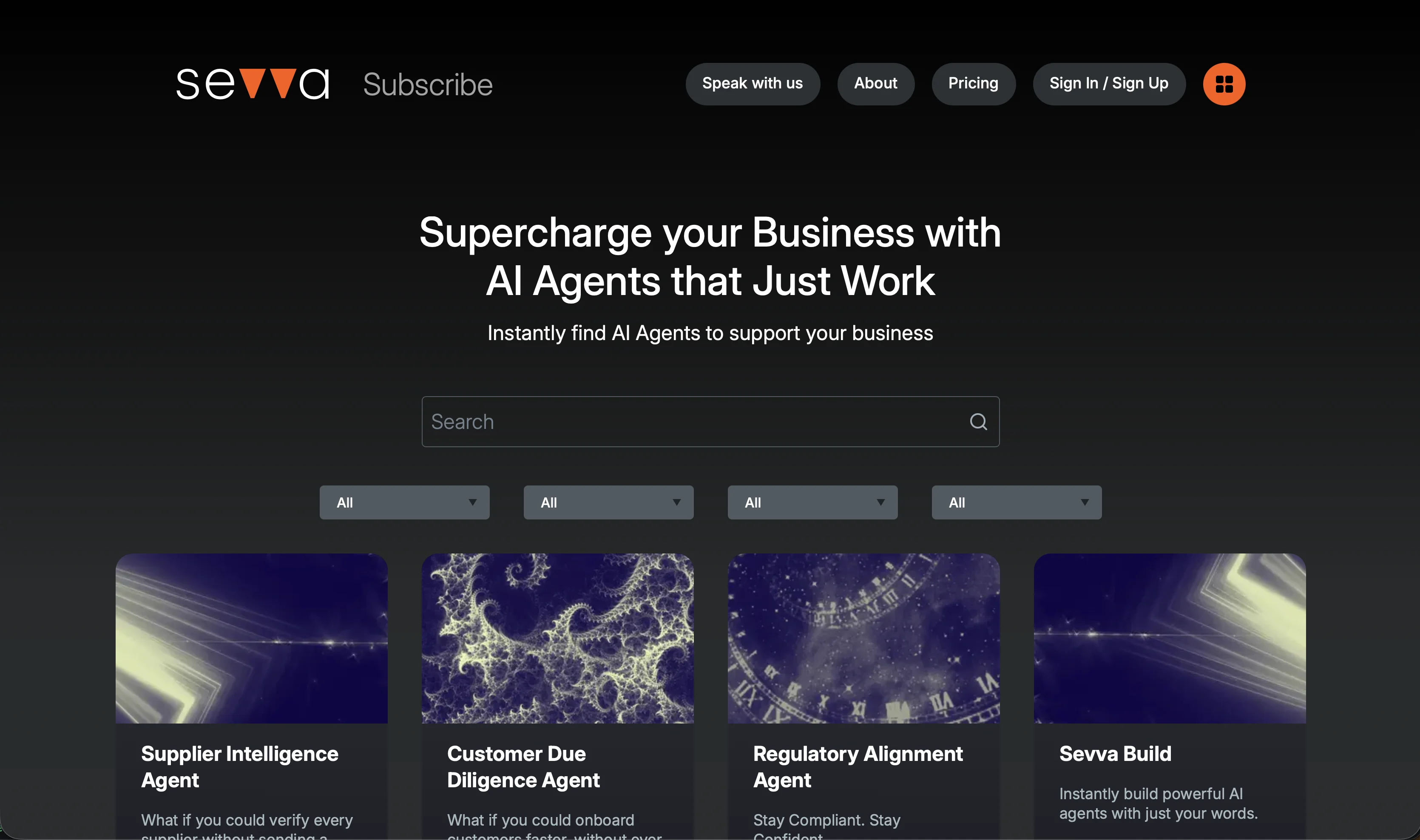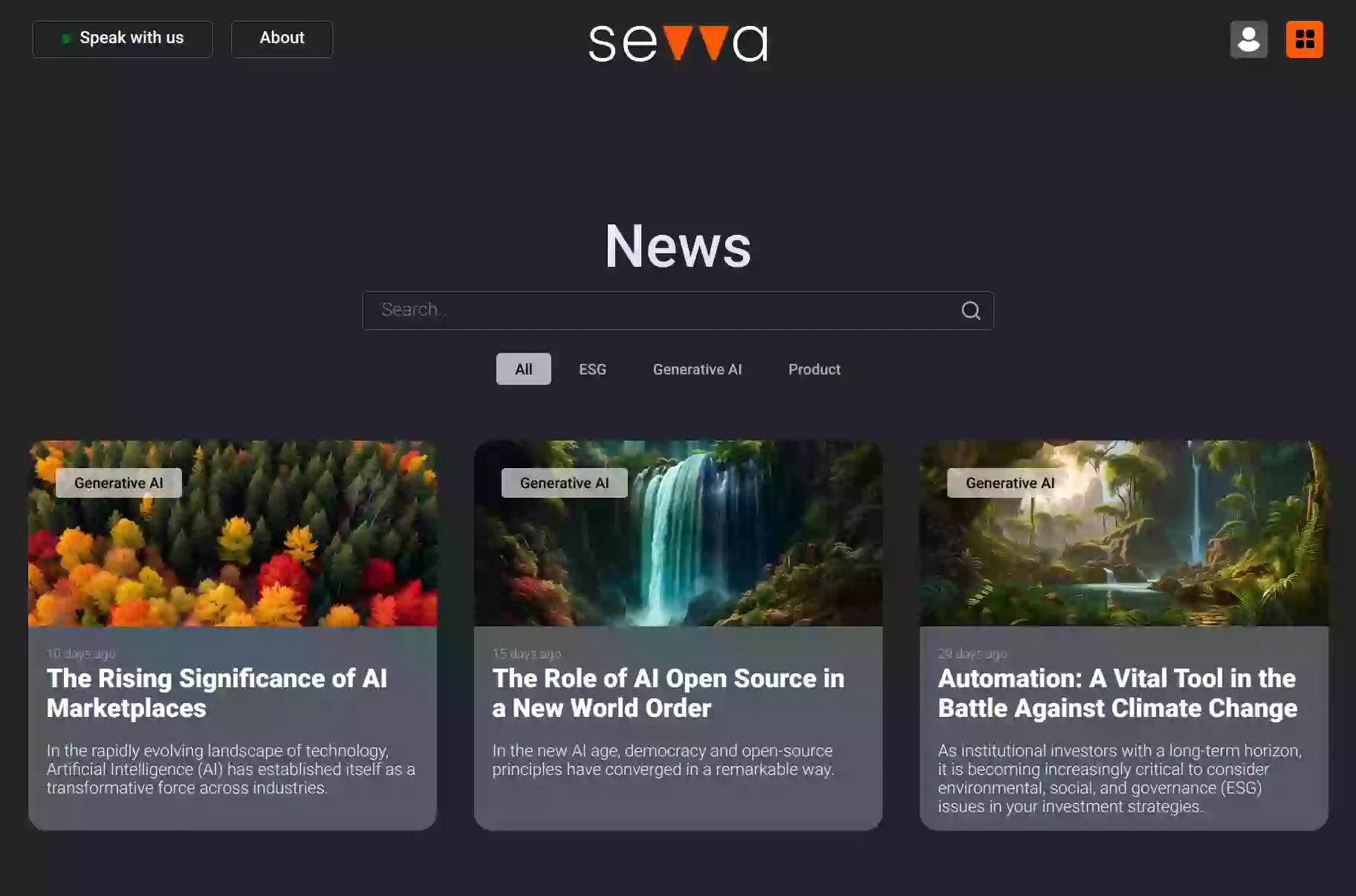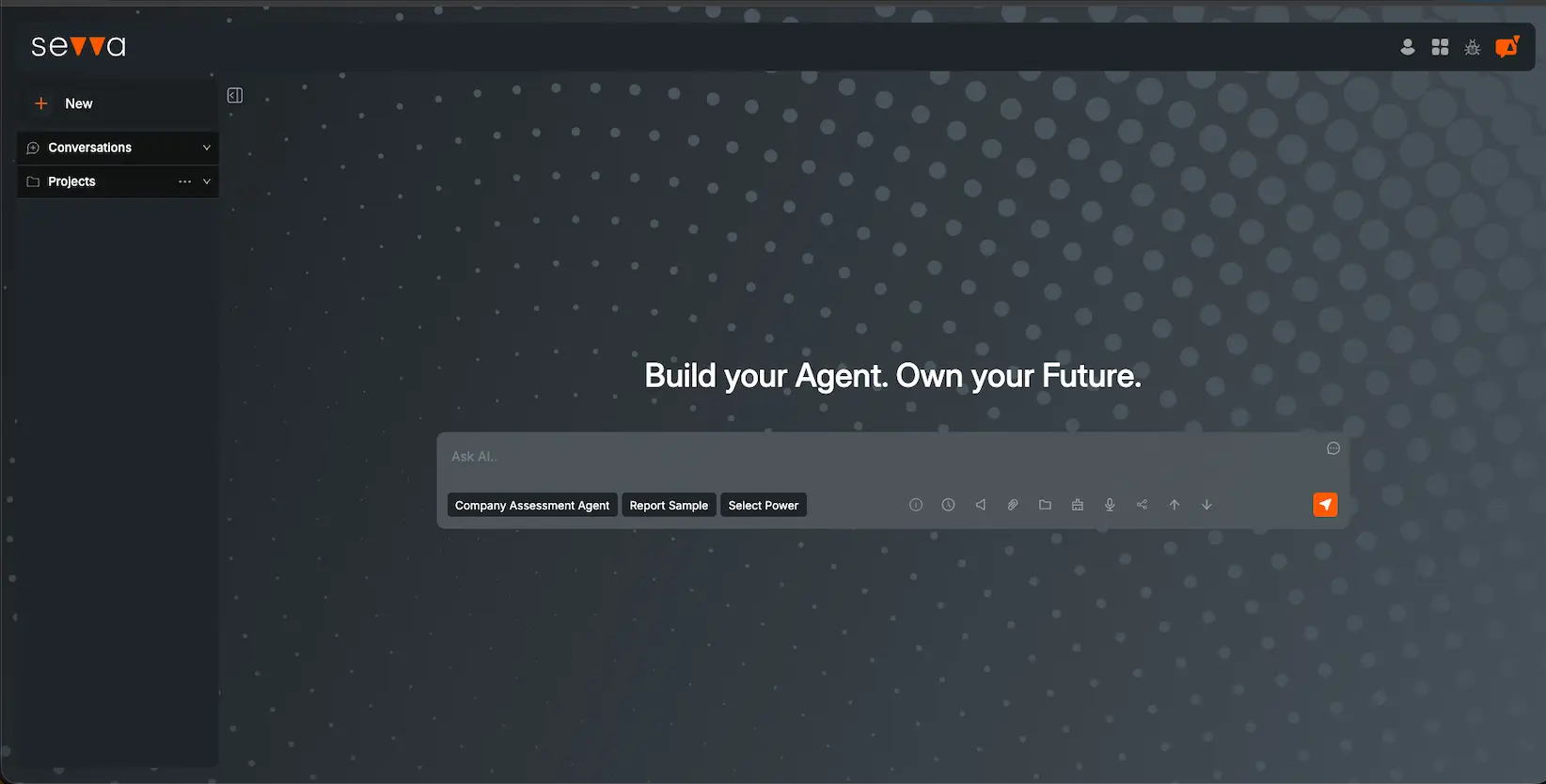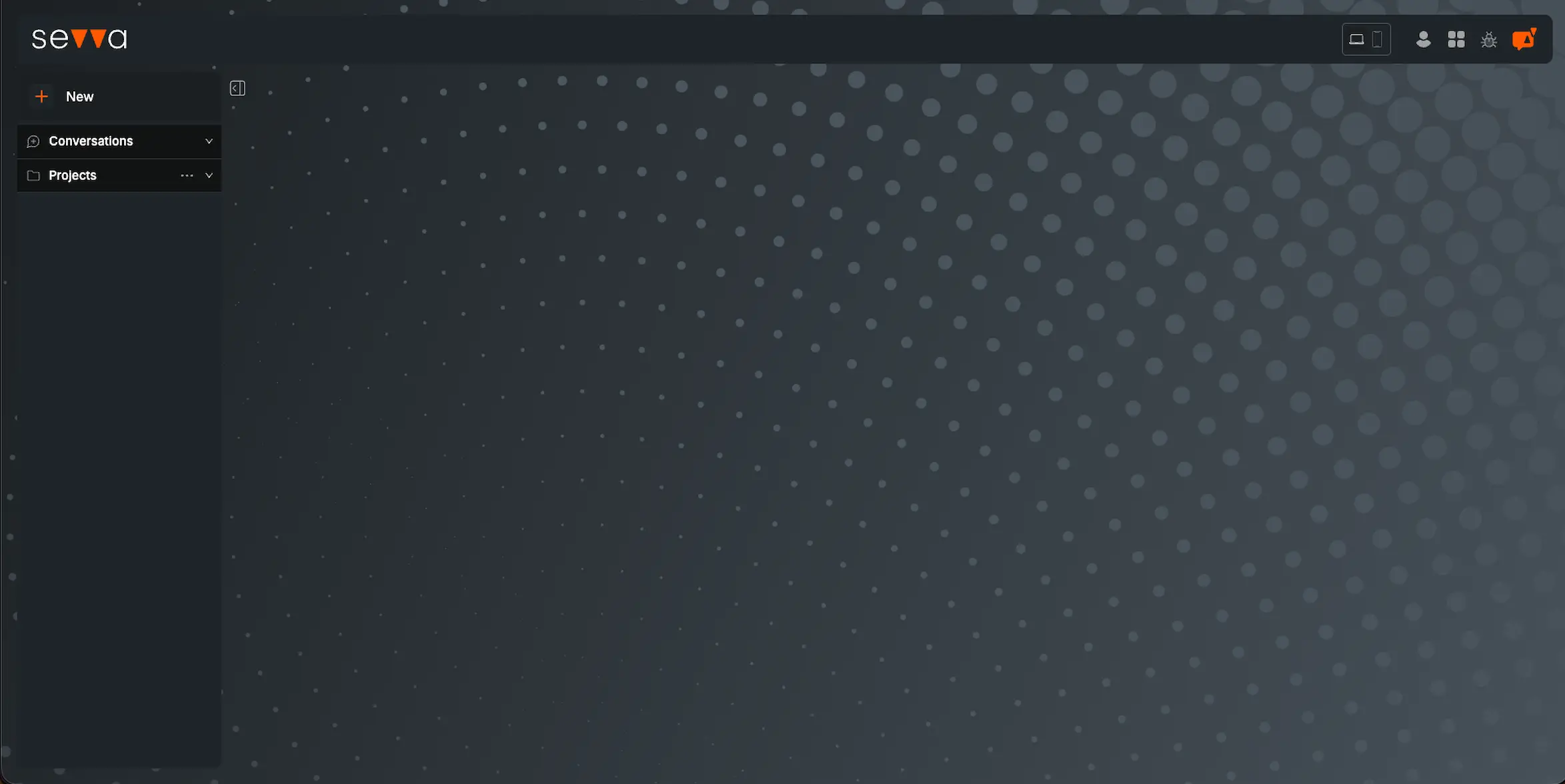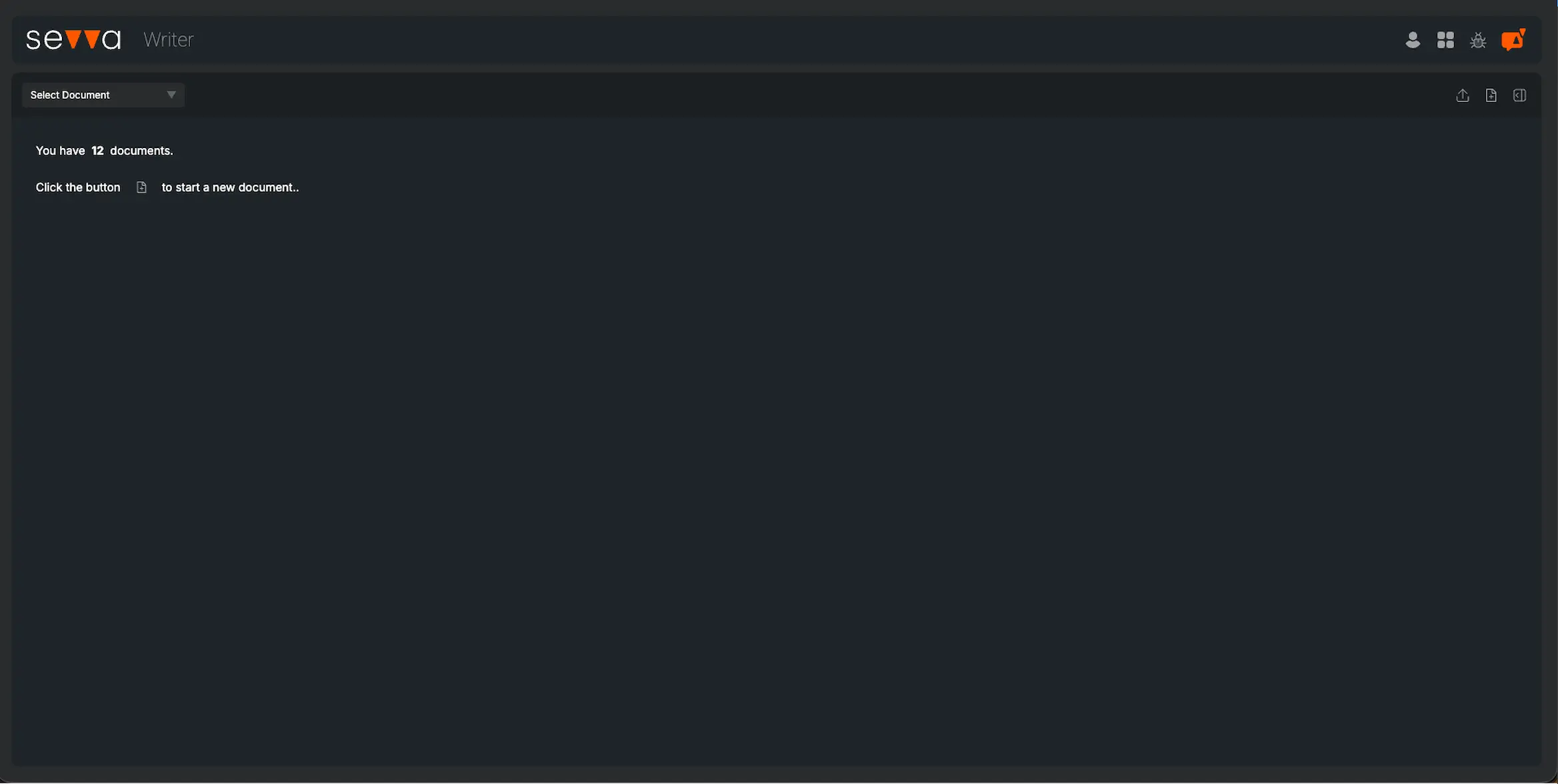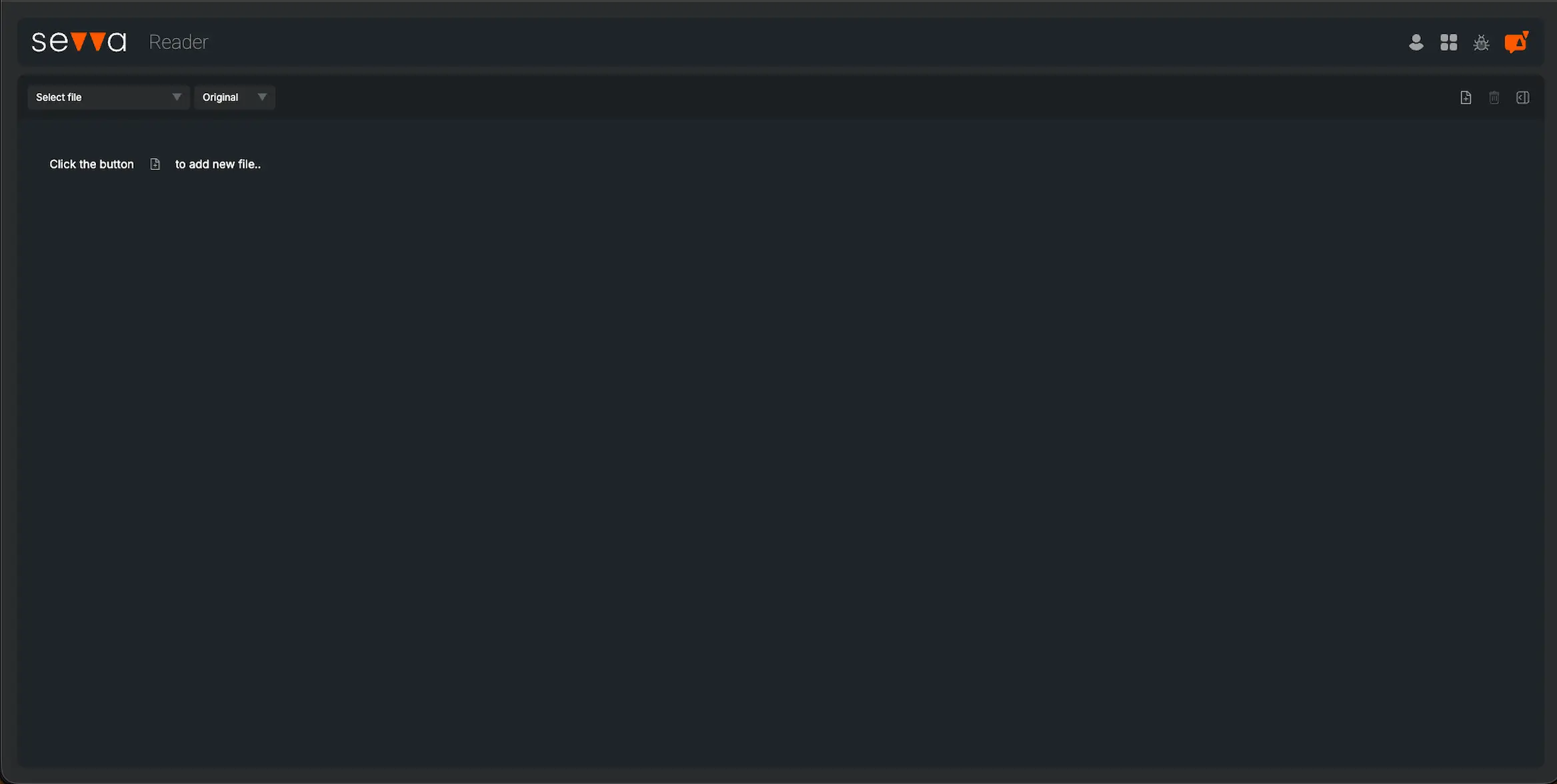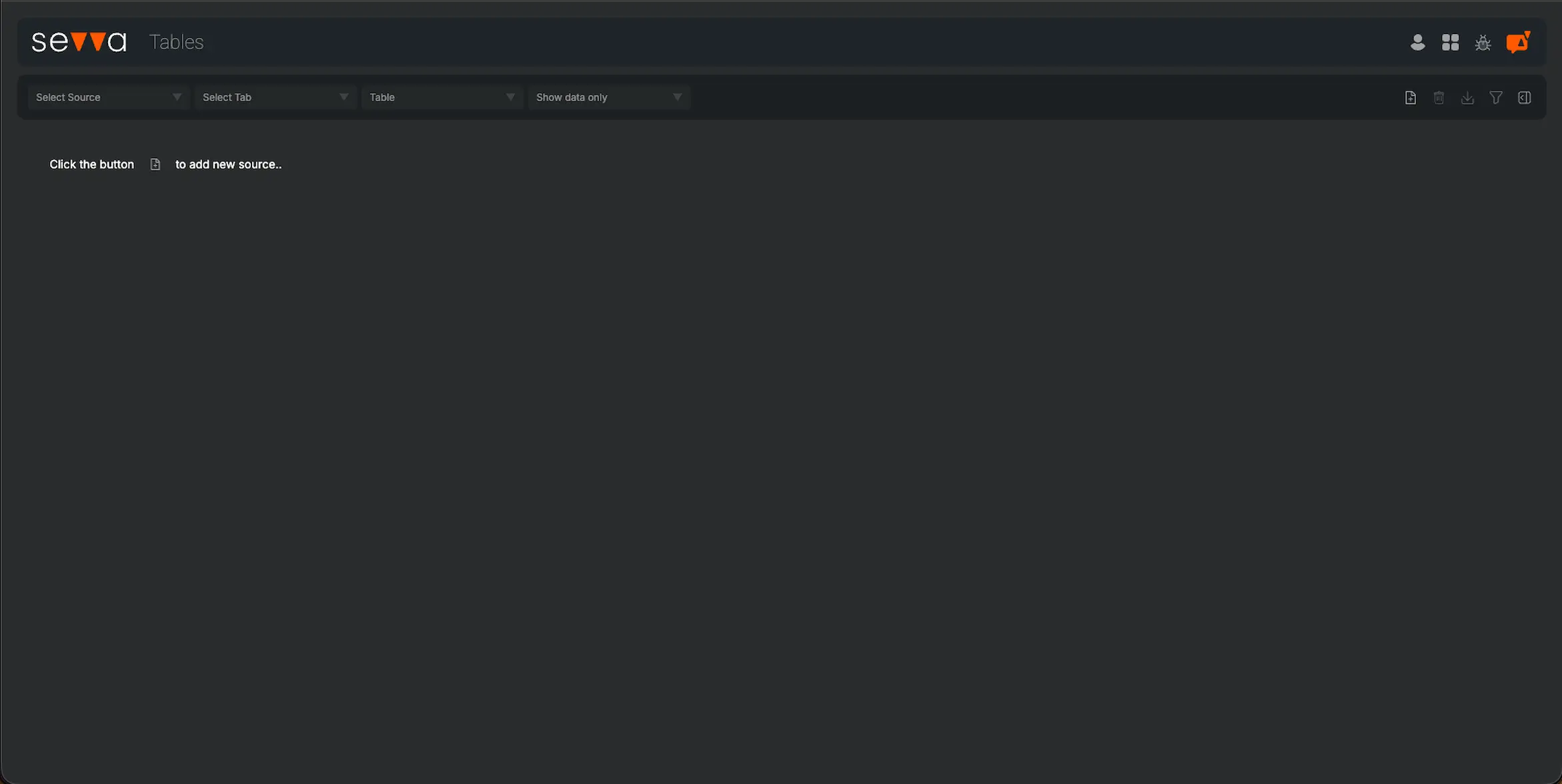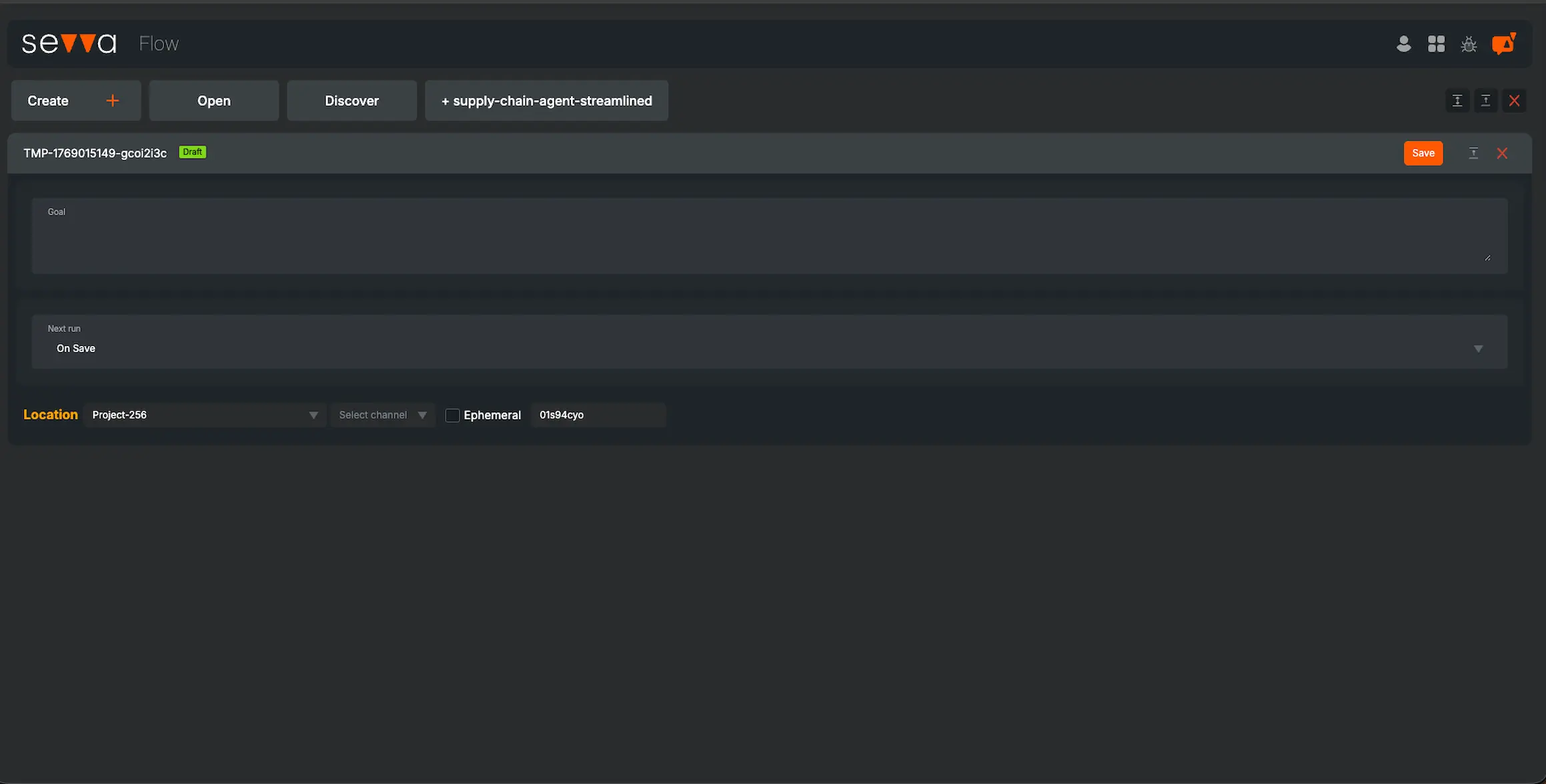The Role of AI Open Source in a New World Order
In the new AI age, democracy and open-source principles have converged in a remarkable way.
In the new AI age, democracy and open-source principles have converged in a remarkable way. Open source AI models, which are freely accessible, customizable, and collaborative, have become a crucial asset in upholding democratic values. According to a BCG, 95% of IT leaders consider open-source software to be "strategically important." In a similar vein, open-source AI models have evolved to become a fundamental asset in upholding and enhancing democratic values globally.
Historical Milestones: The Open Source Revolution
Open source has been a driving force behind some of the most transformative technologies in recent decades, such as Linux, Mozilla Firefox, the Apache web server, the Android operating system, the Python programming language, and the WordPress content management system. Linux, which, as of 2022, runs 100% of the world's 500 fastest supercomputers. Python, an open-source programming language, has a community of over 8.2 million active developers, according to a survey by JetBrains. These technologies embody the principles of transparency, collaboration, and community-driven development, and this is the underlying ethos that is transforming the AI ecosystem.
What Defines Open Source AI Models?
Open-source AI models are machine learning and deep learning algorithms with publicly accessible source code. However, it is essential to delineate that not all "open-source" AI models are fully open. Some may use partially open-sourced components or rely on confidential datasets. In 2023, GitHub reported hosting over 2,348 public repositories focused on large language models, emphasizing the importance of understanding licensing terms and specifics before usage. The Open Source Initiative (OSI) has actively engaged with the community to explore the intricacies of AI in the open-source context and has put out a series of podcasts on the subject designed to “frame a conversation to discover what’s acceptable for AI systems to be ‘Open Source.’
Democratising Access to AI: The Financial Perspective
Democracy thrives on the decentralization of information and influence. McKinsey analysis suggests that the value at stake from AI can reach $15 trillion with a limited number of tech giants dominating the landscape. Open source AI models dismantle this concentration of power, enabling entities with varying resource capacities to tap into AI. This democratization has catalyzed a 28% Compound Annual Growth Rate (CAGR) in the AI market.
Fuelling Global Innovation: Collective Intelligence
Democracy is not limited by borders, and neither should AI development be. Open source AI models encourage global collaboration, allowing researchers and developers from around the world to work together on shared challenges. Open source AI models foster collective intelligence, uniting researchers, developers, and data scientists from diverse backgrounds. This tapestry of skills accelerates both economic and social innovation, making it easier to address a range of issues from healthcare disparities to environmental conservation.
Leveling the Playing Field: Breaking the Power Imbalance
Open-source AI models mitigate the risk of power imbalances. For instance, a 2022 study by the Center for Data Innovation found that while the U.S. and China dominated in AI, countries like India and Brazil made significant strides in AI research, thanks in part to open-source models. The same study showed that smaller startups and academic institutions, which make up 40% of AI-related publications, benefit immensely from this democratization of AI capabilities.
Safeguarding Against Monopolies: A Data-Driven View
According to a report by the Stanford Institute for Human-Centered Artificial Intelligence, 71% of AI professionals are concerned about AI becoming too concentrated among a few companies. Open source AI models serve as a counterbalance to monopolistic tendencies, offering customized solutions that disperse market share and influence, thereby fostering a more pluralistic technological ecosystem.
Addressing Ethical and Security Concerns
Despite the promise, open source AI models have their challenges. Some experts have warned that making AI models open source could lead to the technology being used for malicious purposes such as the spread of election related misinformation. As the AI Industry evolves, one thing is becoming very clear. The way in which we organize the economy and society will change fundamentally because we are experiencing the largest transformation since the end of the Second World War. With this, society is at a crossroads If we take the wrong decisions, considerable risks are at stake. Regulated and used responsibly, they hold the potential to shape a more democratic, innovative, and equitable world.


